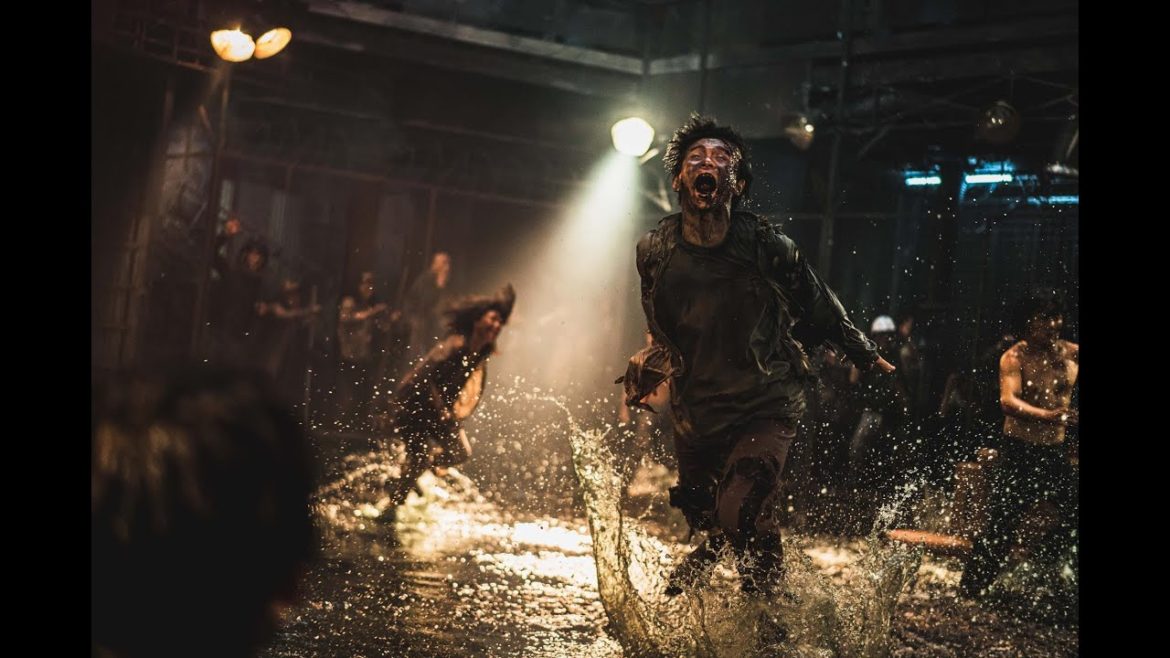TL;DR
Think *Parasite*'s Oscar win was the only South Korean cinematic achievement? Think again! *Train to Busan Presents: Peninsula* delivers a high-octane zombie apocalypse thrill ride that might not win awards but is pure popcorn entertainment. Follow a soldier back into zombie-ravaged South Korea on a dangerous retrieval mission where survivors have gotten smart about those sprinting, sound-sensitive undead. While CGI isn't always perfect and some acting is theatrical, the film's pace and creative zombie mechanics offer a fresh take. If you're ready for an action-packed, slightly over-the-top zombie flick, this one's worth a look. Dive into our full review to see if it's your next must-watch!
South Korea garnered significant international recognition with the acclaimed film Parasite, which won Best Picture at the Oscars (for 2019). While Train to Busan presents: Peninsula may not be an Oscar contender, it delivers nearly two hours of solid entertainment.
The film establishes that a zombie outbreak has ravaged South Korea. Concurrent with the events of the first film, soldier Jung-seok (Gang Dong-won) attempts to escape the peninsula with his sister and her family. They secure passage on a ship bound for Hong Kong; however, an infected passenger triggers a disastrous turn of events. Four years later, Jung Seok and his sister’s husband, Chul-min (Kim Do-yoon), are offered a proposition: return to South Korea and retrieve a truck containing a substantial amount of money, abandoned during the initial outbreak. Motivated by the potential reward, they venture back into their homeland, only to discover that the mission is far more perilous and complex than anticipated.
South Korean cinema often offers a fresh perspective. While I found Parasite somewhat protracted and its ending a bit farcical, Peninsula maintains an exceptional pace for an action film. Quiet moments are sparse and effectively utilized to advance the relatively straightforward plot. The acting is generally commendable, although some performances lean towards exaggerated theatrics. Several action sequences rely heavily on computer-generated imagery. The filmmakers wisely set these scenes at night, which helps to mitigate the visibility of flaws in the digital effects. Nevertheless, the CGI is not entirely seamless, and the vehicular movements occasionally appear somewhat artificial.
Peninsula is best enjoyed as a high-octane thrill ride, requiring a degree of suspended disbelief. Overanalyzing the film’s logic reveals certain inconsistencies. However, a notable strength of Peninsula lies in its innovative approaches to the zombie genre. These zombies exhibit limited vision and are largely inactive at night. They primarily rely on auditory cues (reminiscent of Clickers in The Last of Us), necessitating the use of suppressed weaponry. Luring them away is accomplished through the strategic deployment of lights and sound-emitting devices, such as remote-controlled cars. It appears that the South Korean survivors have learned valuable lessons compared to their Walking dead counterparts, who repeatedly fall victim to the same predictable traps. Furthermore, these are sprinting zombies, akin to those in World War Z, enhancing the tension when a horde gives chase.
Unfortunately, I was unable to view Train to Busan prior to this review. Therefore, I cannot definitively assess whether Peninsula is a worthy sequel or whether it captures the same atmosphere and style as the original. Sources suggest that the films differ significantly. However, it is important to note that this is a standalone sequel, unrelated to the characters from the first film. As such, it should be evaluated on its own merits.
In conclusion, I recommend Peninsula as a highly entertaining action film, provided that you approach it with a willingness to embrace its over-the-top nature.

